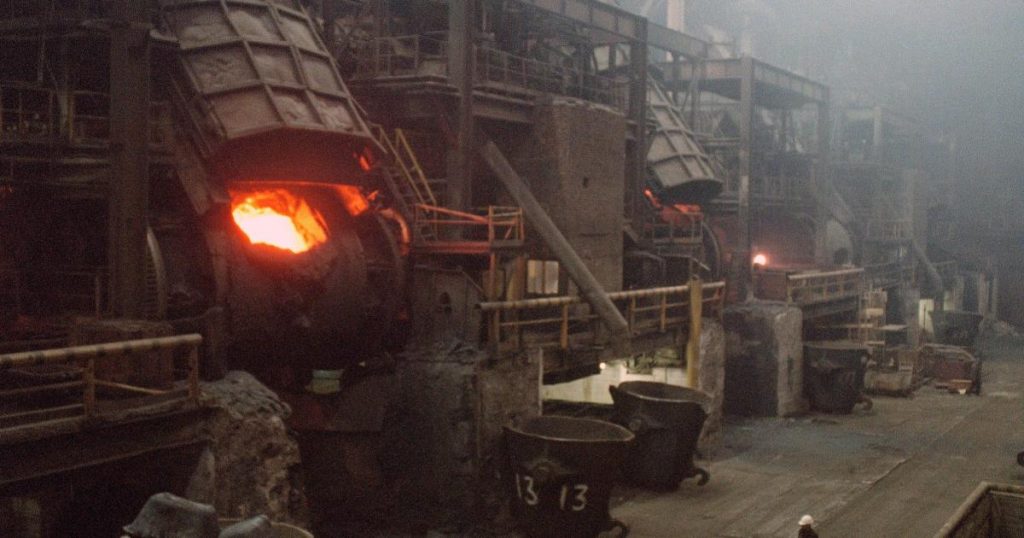
The London Metal Exchange suspended the trading of nickel on Mar. 8 following a doubling in price in just two days to trade above $100,000 per ton. Mar. 8’s price was four times the price a week earlier.
The price had been rising in recent weeks because of worries about supply chain disruptions due to Russia’s invasion of Ukraine, but it then surged as investors raced to cover margin calls against losing short positions.
Nickel is used in making products such as stainless steel, magnets, coins, and rechargeable batteries. The crisis is likely to be felt all over the world, including Africa.
Countries may turn to Africa for nickel
Russia is the third-largest supplier of nickel in the world, accounting for about two thirds of global production. With concerns about sanctions on Russian nickel exports, nickel-producing countries in Africa may in the long term gain from outside countries buying the metal in the continent and investing in mining of the metal locally.
Already, countries such as the UK, US, Australia, Canada, and China have invested heavily in natural resources including cobalt, lithium , copper, iron, and gold in the continent.
Some of the largest nickel producers in Africa include Zambia, Zimbabwe, Madagascar, South Africa, and Côte d’Ivoire.
But there may also be a downside to the crisis for Africa. One of the companies that is heavily exposed to the crisis, China’s Tsingshan Holding Group, has a huge investment in Zimbabwe.
The company, the world’s largest nickel producer, faces $8 billion in trading losses from the crisis as a result of short positions (expecting the price to go down). Tsingshan is building Africa’s largest iron ore mine and steel plant in Zimbabwe, a project that is expected to be the country’s largest employer. The losses could put this investment at risk.
Sign up to the Quartz Africa Weekly Brief here for news and analysis on African business, tech, and innovation in your inbox.
